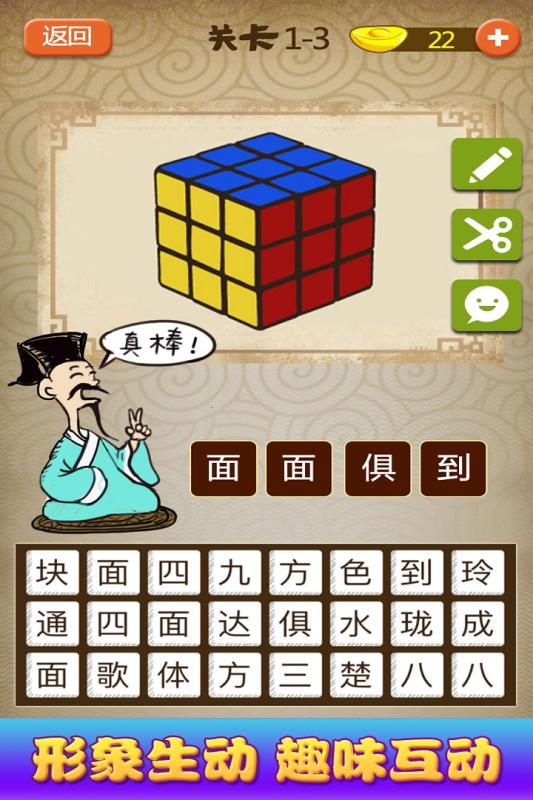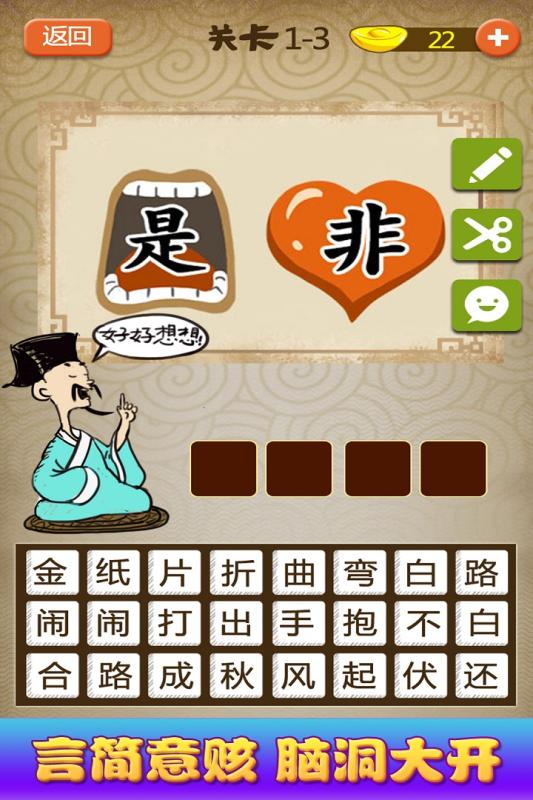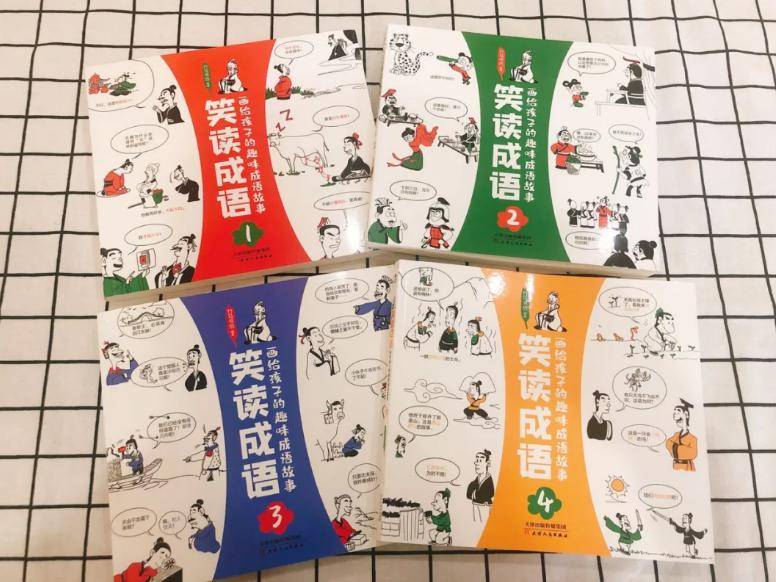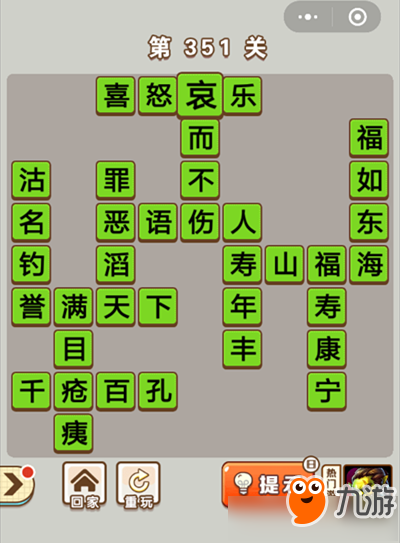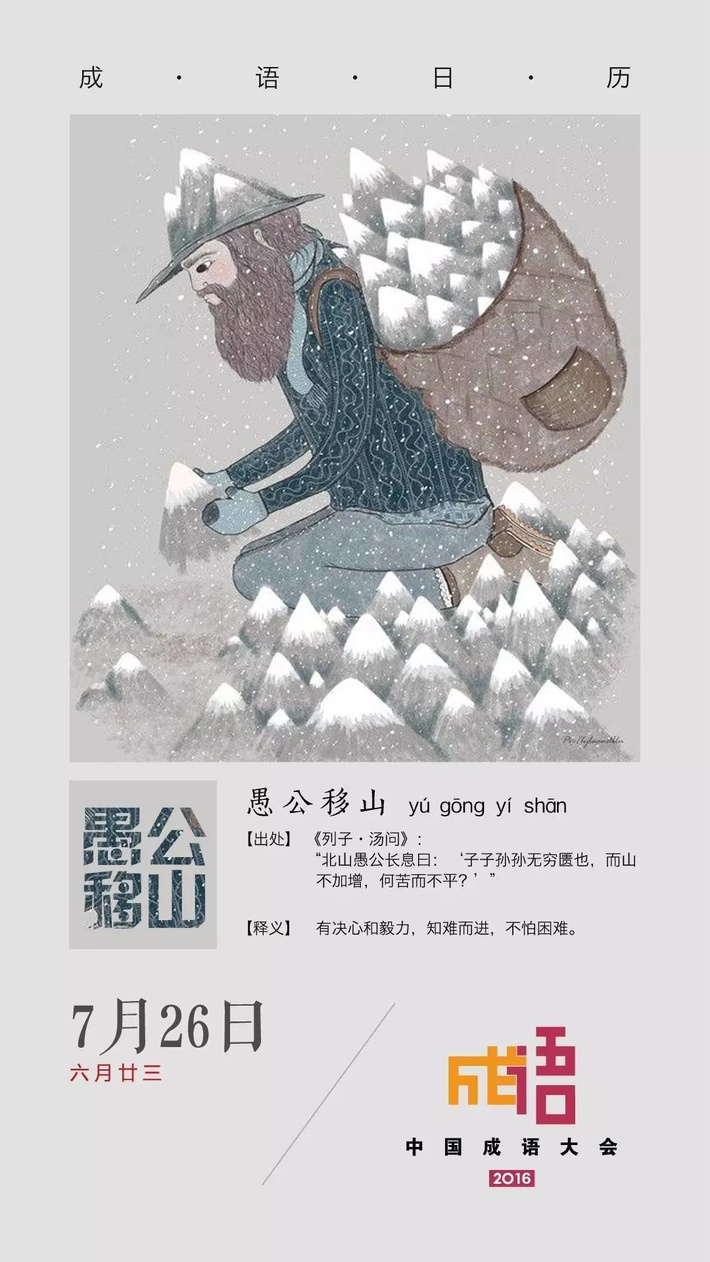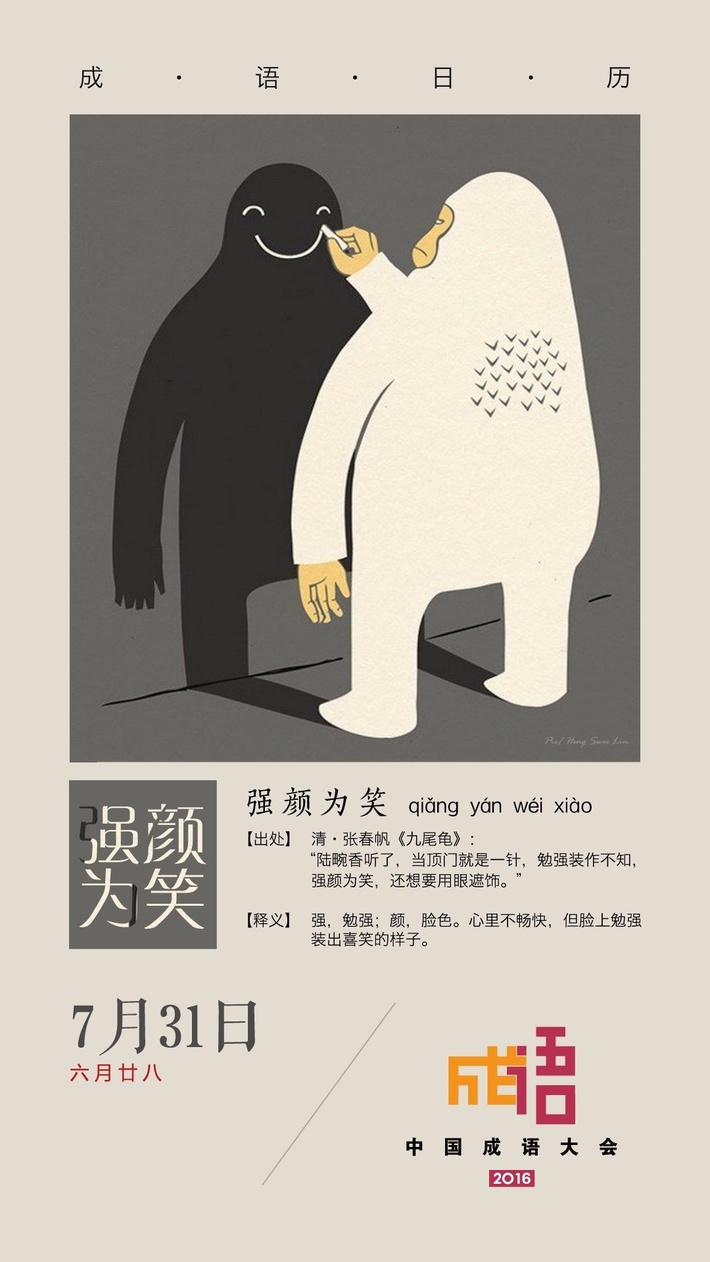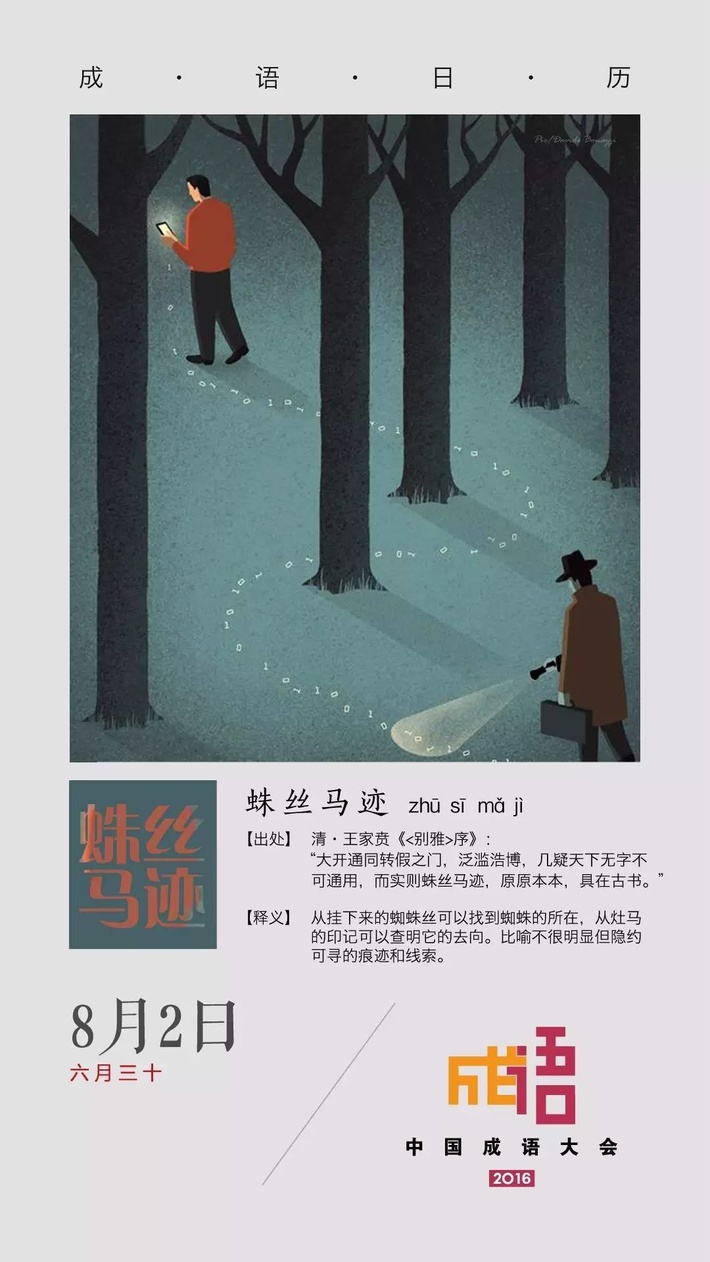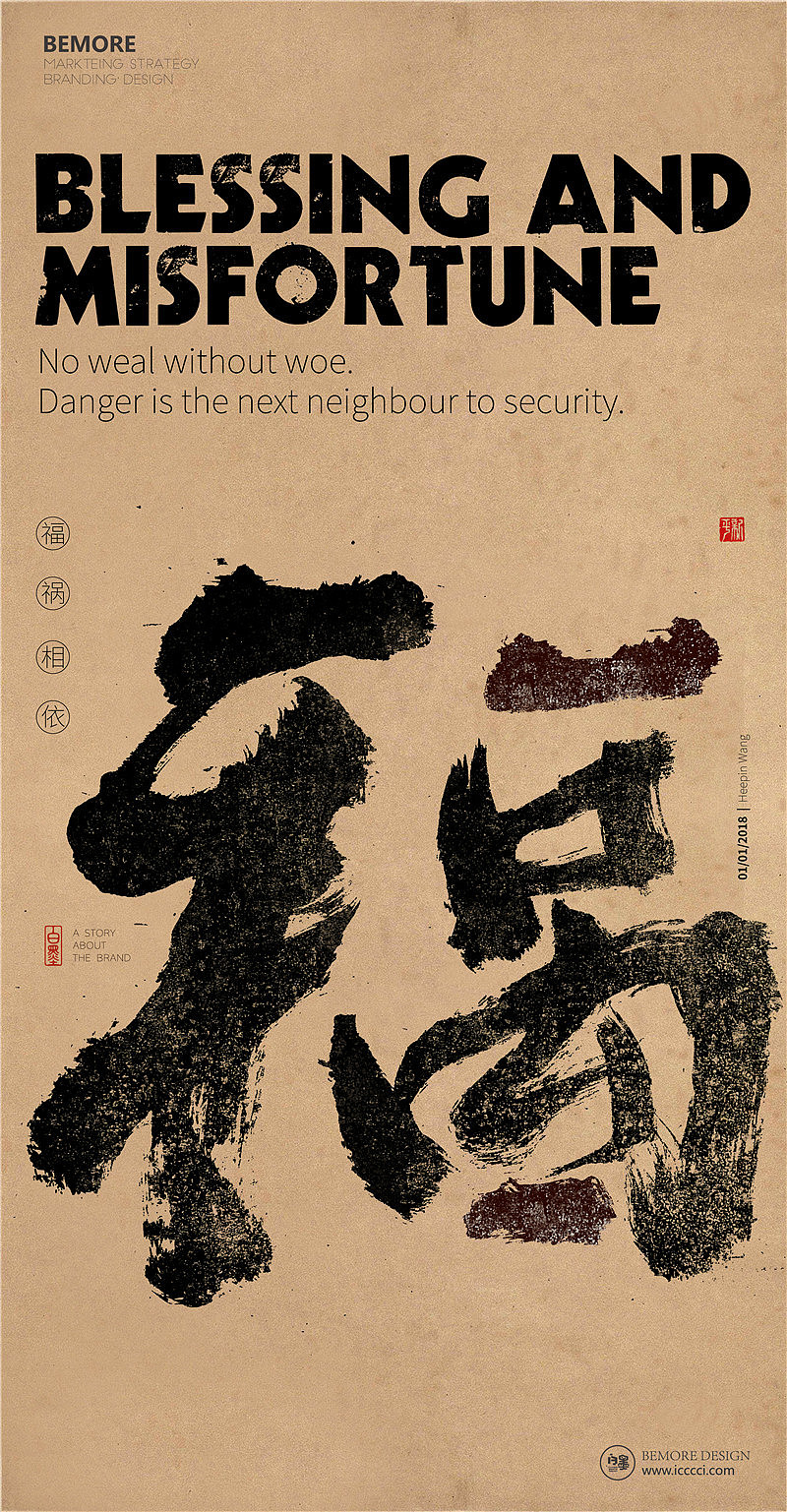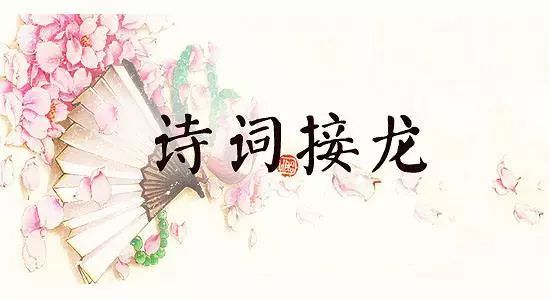成语百什么福_成语故事图片
疯狂猜图
2021-04-09 11:44
表情 福什么什么灵成语猜成语达人福灵之间两个字是什么 百人游 表情
描写祝福的成语有哪些
表情 福什么什么灵成语猜成语达人福灵之间两个字是什么 百人游 表情
表情 福什么什么灵成语猜成语达人福灵之间两个字是什么 百人游 表情
今 日 谜 题 猜一成语答案将会在明天的推送中公布,你们留言的答案我先留着啦~ 常喝白凤百福汤,百病不侵身体好!
福字百福壁纸底纹图片
2019猪年新年四字祝福语新春贺词 猪年的四字词语吉祥成语
《笑读成语(全4册)》
微信 成语中状元》第351关答案: 喜怒哀乐、哀而不伤、恶语伤人、罪恶滔天、誉满天下、沽名钓誉、满目疮痍、千疮百孔、人寿年丰、寿山福海、福寿康宁、福如东海
福字图片大全2020图片 2020新年福字图片大全
成语日历 愚公移山 07 26
成语日历 强颜为笑 07 31
成语日历 蛛丝马迹 08 02
百福阁 图说福文化之 福富备顺
婚庆成语贺词四: 白头偕老 永结同心 花开并蒂 早生贵子 花好月圆 珠联璧合 宜室宜冢 鸿案相庄 百年好合 福禄鸳鸯 凤凰于飞 鸾凤合呜 之子于归 妙选东床 百两御之 跨凤乘龙 凤卜归昌 乘龙快婿 祥徵凤律 蒂结同心 夫唱妇随 万年
事业的祝福成语大全
“三分命,七分运”,命有贵贱,运有好坏; 最近您是否感觉财路不畅,运势不佳?
白墨广告 黄陵野鹤 书法 汉字书写探究系列之成语故事
成语 成语塞翁失马 90设计
国学常识 古诗词名句接龙,你能接几句
人文 成语中的中国文化
上一篇:绿什么汗成语_成语故事图片
下一篇:什么鸡弄成语_成语故事图片


